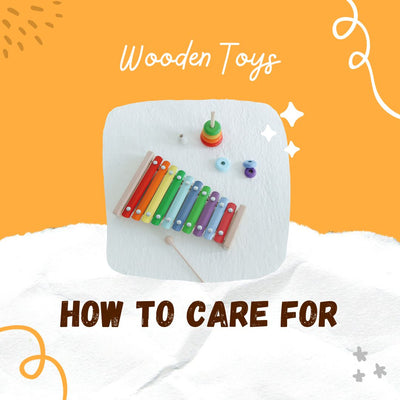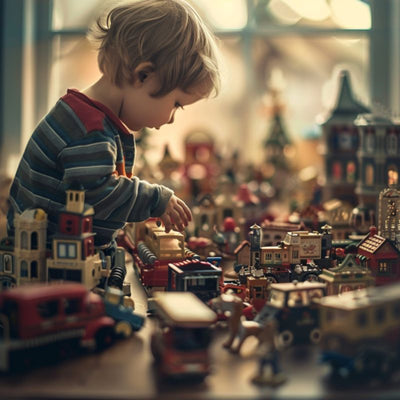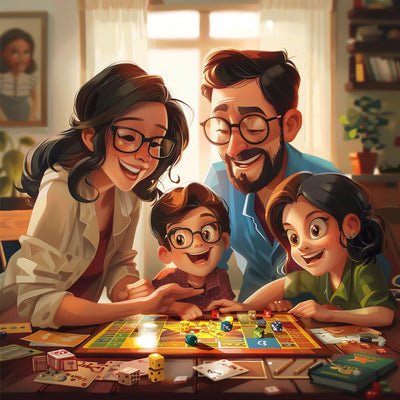In an era where technology dominates nearly every aspect of our lives, from smartphones to smart homes, it's easy to overlook the simple joys of traditional toys. While there's no denying the allure of the latest gadgets and gizmos, there's something inherently valuable in the timeless appeal of classic toys that have been entertaining children for generations. In this blog, we'll explore the benefits of traditional toys and why they still hold a special place in our hearts, even in an age of ever-evolving technology.
The Rise of Tech Toys
With advancements in technology, toys have become increasingly sophisticated, offering immersive experiences that captivate children's attention like never before. From interactive robots to virtual reality headsets, the toy industry has embraced technology to create products that are both innovative and engaging. These tech toys boast impressive features and functionalities, promising to educate, entertain, and even inspire creativity.
The Allure of Technology
There's no denying the appeal of tech toys. They offer a glimpse into the future, allowing children to interact with cutting-edge technology in ways that were once unimaginable. Tech toys often boast flashy lights, sleek designs, and exciting features that immediately capture the attention of young minds. From educational games that teach coding skills to interactive toys that respond to voice commands, technology has transformed the way children play and learn.
The Benefits of Traditional Toys
While tech toys undoubtedly have their merits, there's something inherently valuable in the simplicity of traditional toys. Classic toys like building blocks, dolls, puzzles, and board games have stood the test of time for a reason. They encourage open-ended play, foster creativity, and promote social interaction in ways that technology simply can't replicate.
1. Imagination and Creativity
Traditional toys leave plenty of room for imagination. A set of wooden blocks can become a towering castle, a spaceship hurtling through space, or a bustling cityscape. Without predefined rules or objectives, children are free to invent their own stories and scenarios, allowing their creativity to flourish.
2. Hands-On Learning
Many traditional toys offer hands-on learning experiences that engage multiple senses. Whether it's sorting shapes, stacking blocks, or putting together a puzzle, children develop essential skills like hand-eye coordination, spatial awareness, and problem-solving abilities through tactile play.
3. Social Interaction
Classic toys often encourage social interaction and cooperation. Board games, for example, bring family and friends together for shared experiences, fostering communication, teamwork, and sportsmanship. Even simple toys like dolls and action figures can spark imaginative role-playing scenarios that promote social skills and empathy.
4. Screen-Free Play
In a world where screens dominate our daily lives, traditional toys offer a welcome respite from digital distractions. By engaging in screen-free play, children can develop healthier habits, reduce screen time, and enjoy the benefits of active, imaginative playtime.
Finding Balance
While there's no denying the appeal of both tech toys and traditional toys, finding a balance between the two is key. Instead of viewing them as competing forces, parents and caregivers can embrace the best of both worlds, offering children a diverse range of play experiences that cater to their interests and developmental needs.





